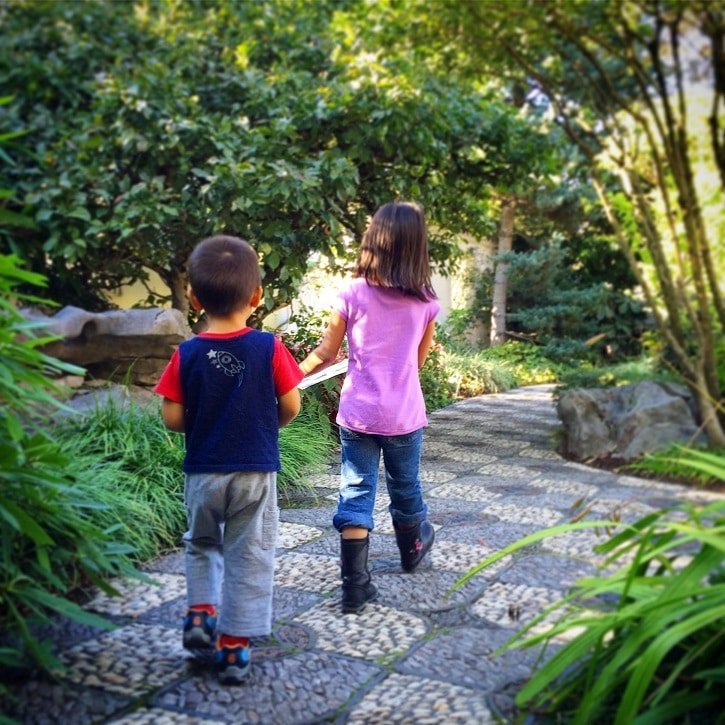8 Simple Ways to Practice Ethical Family Travel
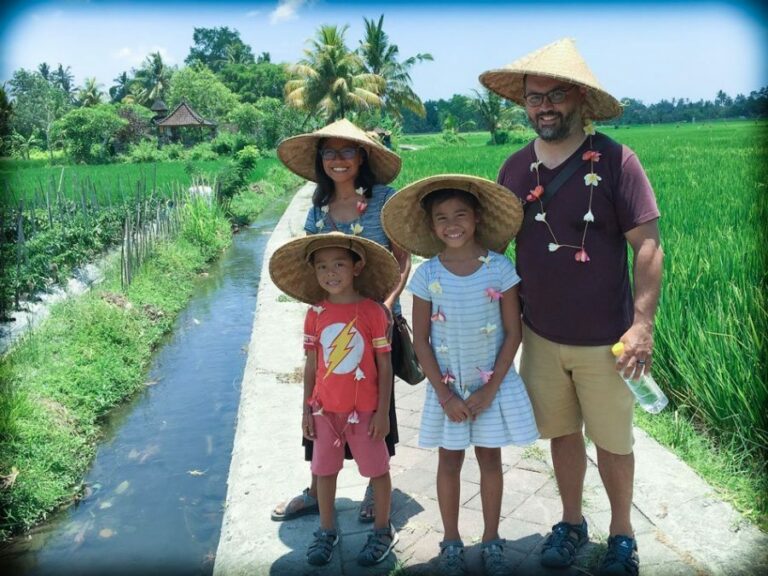
Since being on the road, I've been thinking a lot about our role as travelers. As a family, I want to make sure we practice ethical family travel where ever we go in the world.
What exactly is ethical family travel? It's a loaded topic because it encompasses all aspects of travel. Ethical family travel can relate to where you choose to stay, what you choose to do, or what you decide to buy during your travels. It can mean different things for different people.
At the crux of it, ethical family travel is about being aware of the impact your family's presence has on the destinations you visit. It's about taking responsibility for your role as a traveler in this world.
This post was updated on May 12, 2020.
This post may contain affiliate links. That means I may receive a small commission if you click on the link and purchase something. But don't worry, this will not result in any extra costs to you.
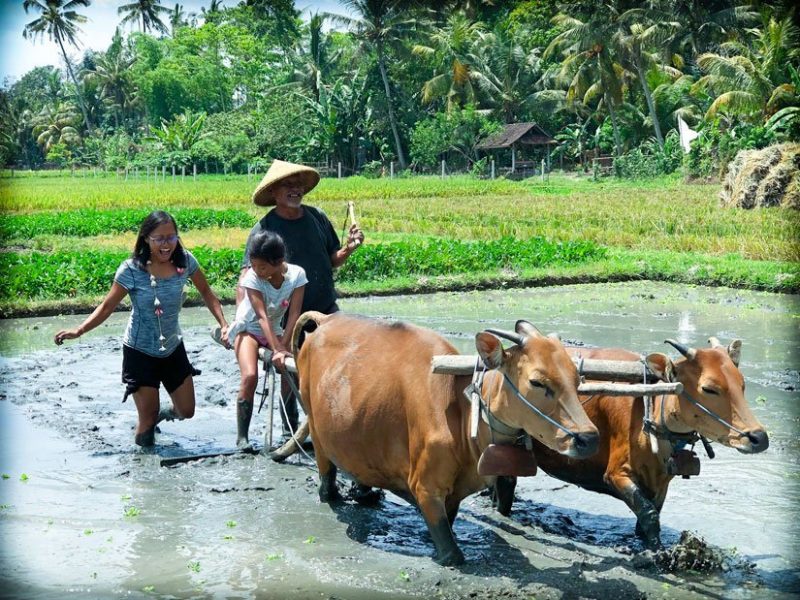
Practicing ethical family travel
As travel becomes more popular, destinations are becoming impacted by the increase in tourism. Sometimes this impact is positive. More tourism means more income to these communities. But sometimes the impact can be negative as well. With more people coming to a destination, pollution and economic disparity becomes more prevalent.
Many authors have written about the impact of the travel boom on destinations around the world, and the disparities in privilege among travelers. For families, being aware of these issues can better help us raise our kids to be responsible travelers.
The following books are good starting points to think about about the impact of travel and travel privilege:
Overbooked: The Exploding Business of Travel and Tourism by Elizabeth Becker
Beyond Guilt Trips: Mindful Travel in an Unequal World by Anu Taranath
Ours to Explore: Privilege, Power, and the Paradox of Voluntourism by Pippa Biddle
Check out more of my posts on sustainable family travel here.
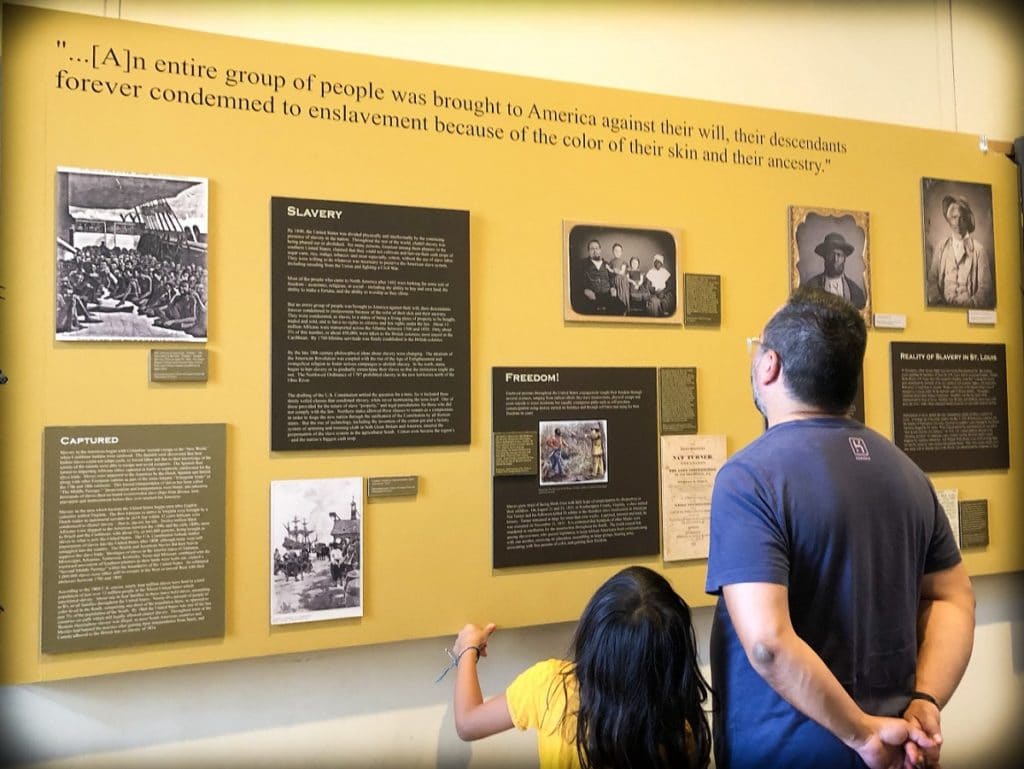
Looking at our travel practices and finding more ethical alternatives
The good news is, becoming a more responsible family traveler isn't actually that difficult to do. What we need to do is assess our current travel practices, and then find alternatives to make those practices more ethical.
Here are some simple ways that you can engage in ethical family travel as you plan your next family vacation.
1. Animal attractions
If your kids are at all like mine, they're head over heels for animals. We love seeing animals when we travel. In fact, one of our favorite animal travel experiences was seeing orangutans in the wild, while we were day-trekking in the jungles of Sumatra. What a sight it was to see such extraordinary creatures in person!
When it comes to practicing ethical family travel, one of the most contentious issues is animals. Swimming with dolphins in tanks, taking pictures with tigers, and getting elephant rides may seem like the ultimate experience, but they may not necessarily be the best things for these animals.
Dolphins raised in captivity lack the mental stimulation and space that their counterparts in the wild often have. Tigers are often heavily sedated so that they can pose for pictures with tourists. And elephants in tourist attractions are not always treated humanely. If you're planning to do any activity that involves animals, the most important thing to keep in mind is how the animals are treated.
A better way to see animals
If you still plan to see animals during your trip (and I highly encourage you to do so!), consider taking nature treks at national parks and seeing animals in their natural habitat. Remember to keep a safe distance. Avoid the temptation to take selfies with wild animals.
If you want to visit a zoo or an animal sanctuary, whether it's in San Diego, Jakarta, or Yellowstone National Park, research how the animals are being treated in the centers that you visit. And if you're interested in doing animal encounters, research ones where you see them in their natural environment, and that have minimal direct contact with the animals. We did a swimming with wild dolphins experience in Mexico that was so much fun!
These ethical family travel practices will help to preserve the existence of animals in the wild. Additionally, they also help promote the humane treatment of animals.
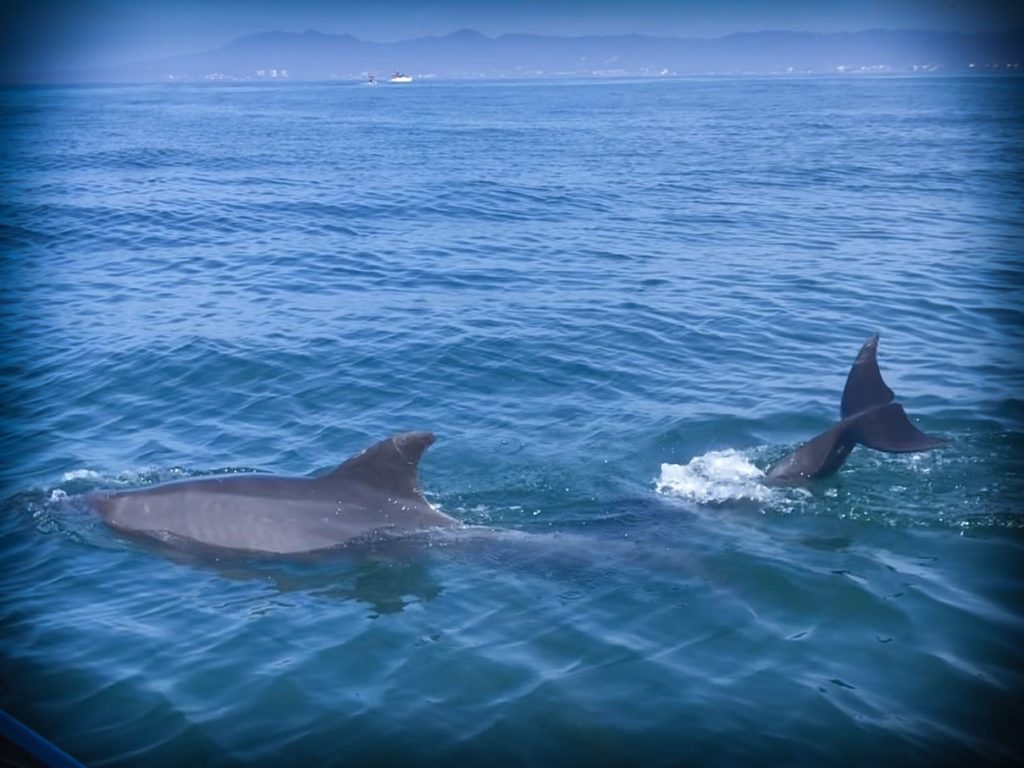
2. Ethical family travel through organized tours
Experiential travel is one of my favorite ways to travel as a family. We love taking tours and learning about the places we visit.
For example, while we were on the island of Sumatra in Indonesia, we took some time to take an agricultural tour. We learned about the effects of the palm oil industry on the surrounding land, and also learned about the different ways the local farmers supported themselves. And more recently, we did a Bali day tour in Indonesia where we visited a traditional Balinese home and learned about rice cultivation and Hinduism.
If your family likes to take tours like we do, you can have a more ethical family travel experience by taking time to research what your tour company does. Where are the tour employees from? Do they come from the communities that you are learning about? Do they seem like they are receiving a fare wage? Are they doing any kinds of activities that give back to the communities they showcase, or are they simply profiting from the tours?
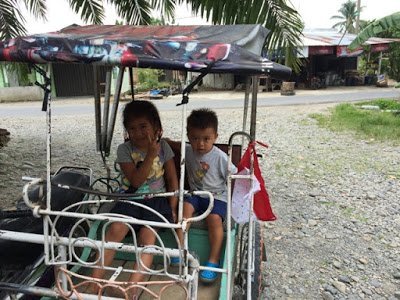
Taking time to get to know the culture
Another aspect of ethical family travel in terms of tours is the respect being given to the culture. Think about how the destination is being presented in the tour. Does the tour present the destination in an overly exotic way? Are you only seeing the pretty sides of a destination? Do you have an opportunity to learn about the culture more deeply, or is it just a shallow presentation?
As family travelers and worldschooling families, we want to share the world with our kids. But we do our kids a great disservice by only presenting one-sided stories to them. Take time to go deeper into learning about the history and culture of a place you are visiting.
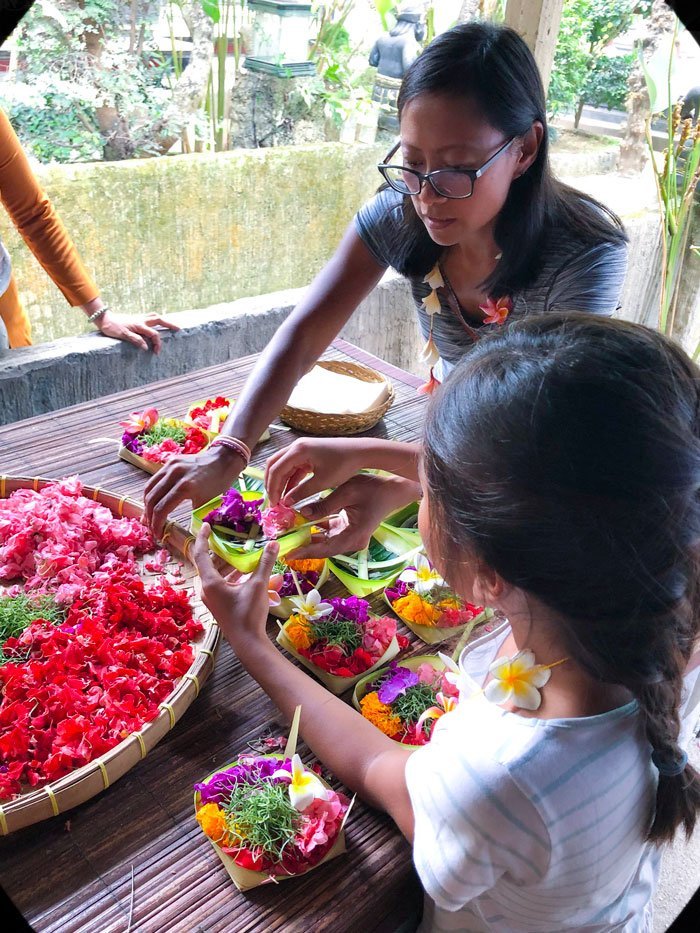
3. Lodging and accommodations for ethical family travel
The topic of lodging has become a hot-button topic lately, especially with the rise of homesharing websites like Airbnb. Many critics of the travel industry point to Airbnb as the sole cause of families being priced out of neighborhoods in cities frequently visited by tourists.
Other travelers, like myself, who rely heavily on Airbnb for travel, think differently. We believe the source of displacement lies in the rise of tourism itself, rather than simply Airbnb.
Whatever your position on the matter, it is important to be mindful of where you are staying during your travels. This is especially important if you want to practice ethical family travel.
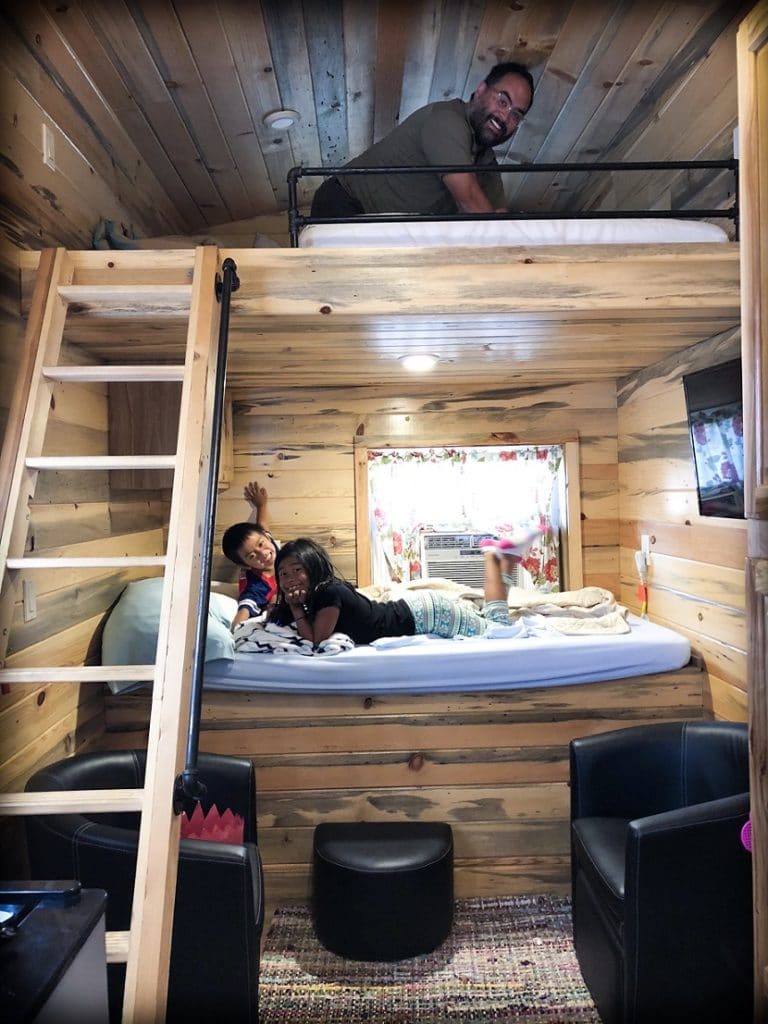
The impact of your hotel stay
Think about the impact that your accommodation has on the local economy and environment. Was the place built on a location that previously housed local families? Is it near any national parks or wildlife sanctuaries? Do they have environmentally-friendly practices?
We recommend choosing hotels that are owned and operated by locals. This ensures that your money is going to the local economy.
If you must stay at a chain hotel, think about how many locals are employed. Also think about what positions they occupy. Think about what things the hotels are doing to help the local economy. For Airbnbs and other vacation rentals, stay at places that are owned by locals rather than expats.
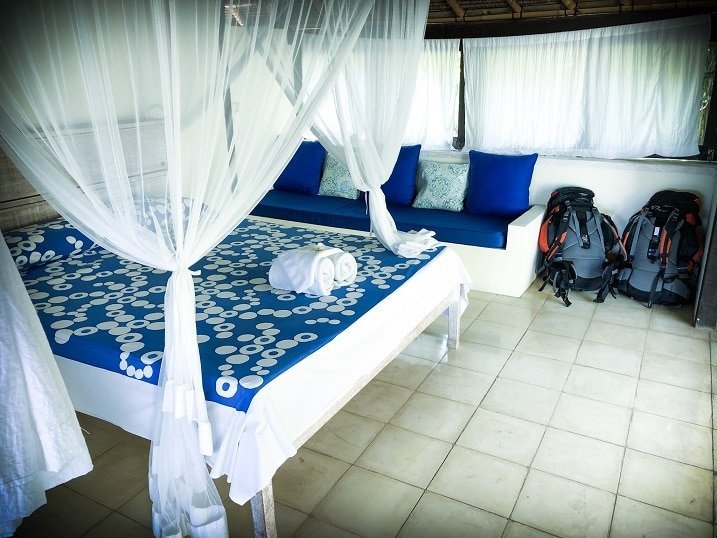
4. Ethical family travel products
Being mindful of the products you buy is another way of practicing ethical family travel. I don’t just refer to the products you buy as souvenirs, although it is important to be mindful of what you’re bringing home from your travels. I'm also referring to the importance of being mindful of the products you use for travel.
We recently eliminated our reliance on disposable water bottles by using GRAYL bottles. These are water bottles with built in filters and purifiers. They come in two sizes (16oz and 24oz) that you can order online using the links below:
GRAYL 16oz Ultralight bottle and filter
GRAYL 24oz Geopress bottle and filter
I also now carry around reusable metal straws to use at restaurants. This helps me avoid using plastic straws, which are harmful for marine life.
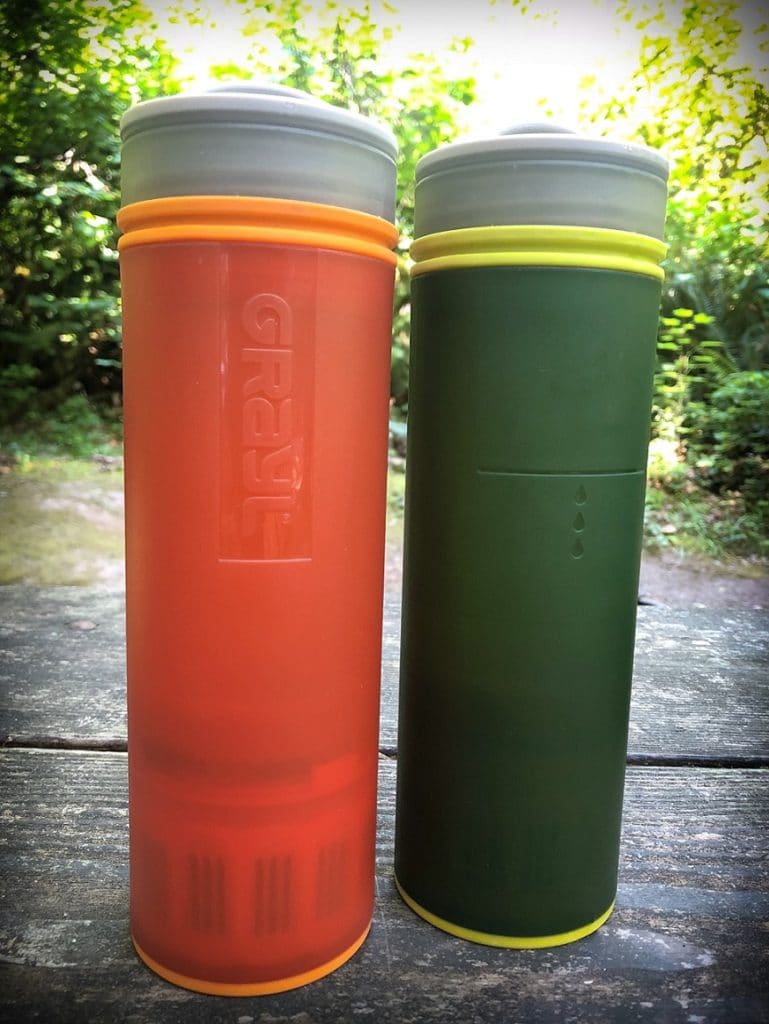
Considering your environmental footprint
When you are buying products, whether they are for use during your travels or as souvenirs, choose ones that have a low environmental footprint. Research how the products are made, and what materials they use. Buy reusable items if you can, rather than disposable one time use items.
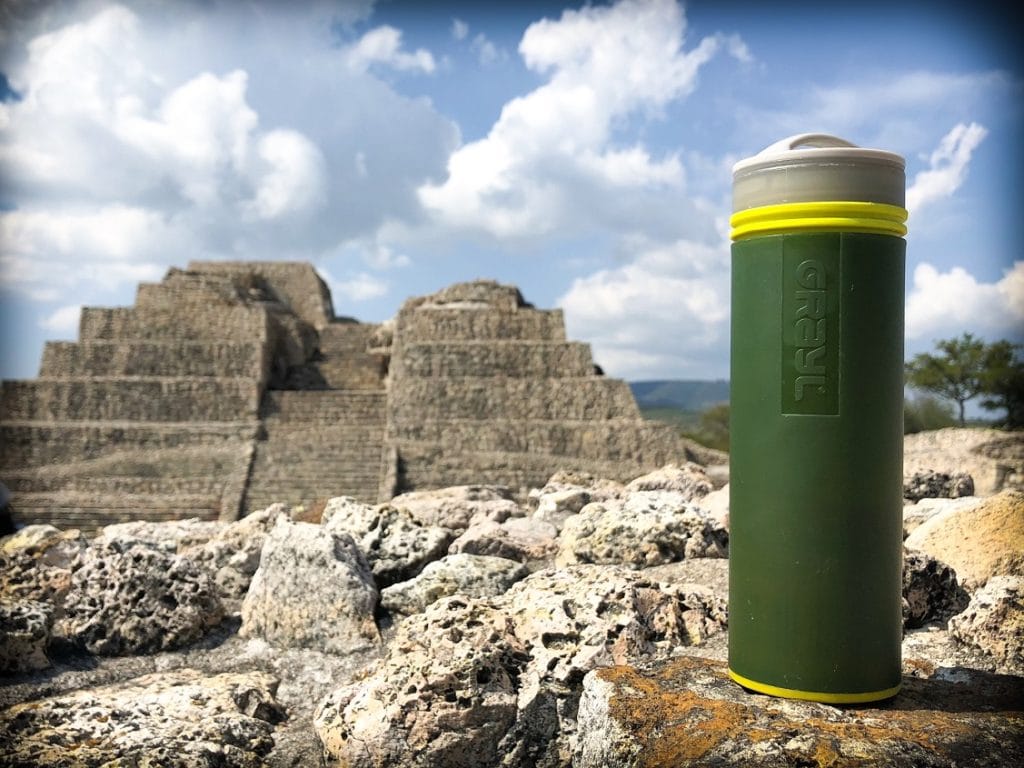
5. Destinations
Ethical family travel doesn’t just cover things you do while you travel. You should also consider the planning component of your travels. When it comes to destinations, being a responsible traveler means being mindful of the destinations you choose to visit.
Do you really need to go to the tourist-ridden spots? Can you go somewhere off the beaten path instead? Should you be visiting a place that’s sacred to a culture just because you saw a cool picture of it on Instagram?
One place that comes to mind for me is Bali. Over the last thirty years, I've visited Bali over a dozen times, and I’ve seen it grow into a popular tourist destination (thank you, Instagram and Conde Nast!). This rise in tourism has been great for the economy of the island. It's also been great to the rest of the country of Indonesia. However, tourism has also had a huge impact on the culture and feel of the island.
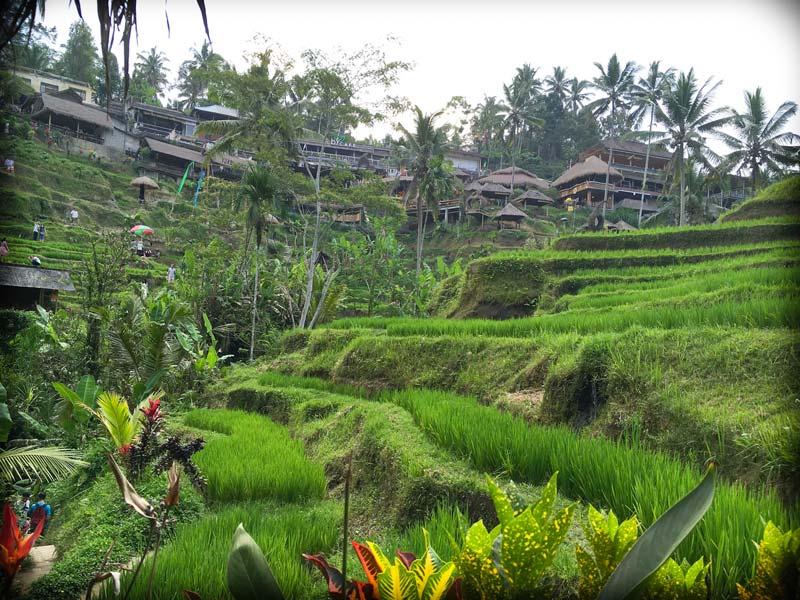
Consider the positive and negative impact on your destination
The beaches of Kuta are littered with luxury resorts. All the shops now almost exclusively sell trinkets geared towards party-going tourists. Prices for food and everyday goods are inflated, to match the influx of tourist dollars pumping into the island.
Traditional Balinese musical, theatrical, and dance performances that used to last all night long have now been distilled into digestible one hour cultural showcases for tourists. This is certainly the downside of the travel industry.
Whenever you make a decision for where your next family vacation will be, it's important to consider the positive and negative impact that increased tourism may have on that destination. Be respectful of the cultures you are visiting. Take time to learn about them.
Think about how tourism may be changing the culture that you are experiencing. In almost every place we visit, we like to try and support local businesses, instead of just going to the tourist spots. It helps us get a different perspective of the place.
Planning a trip to Bali? Read my posts about traveling to Bali with kids.

6. Poverty
Some families avoid taking their kids to developing countries. They wonder how we can take our kids to places like India, Paraguay, or Southeast Asia. For our family, though, it's all part of showing our kids the many different sides of the world. Don’t be afraid to travel to places where poverty exists.
There’s a misconception that these places are unsafe or high in crime. But even cities in the United States or Europe have neighborhoods that are high in crime. Despite this fact, we still travel around the United States and Europe. My point is, there are so many places in this world that are worth visiting. By only going to the rich places, you're missing out on a lot of culture and history.
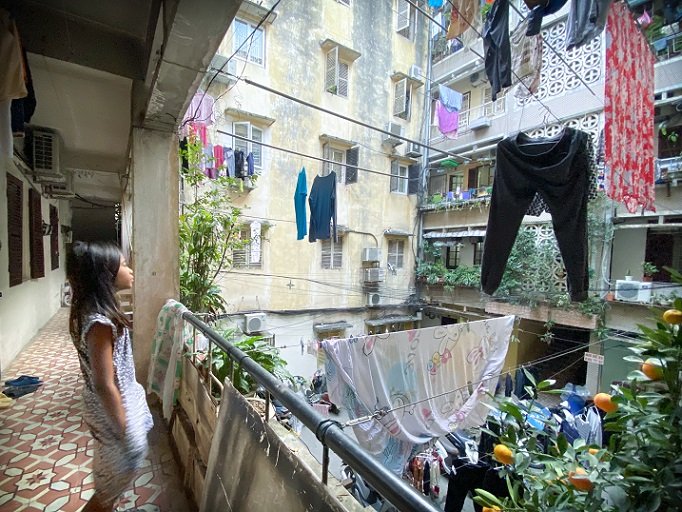
Understanding your role as a traveler
Another part of the poverty aspect of ethical family travel is understanding your role as a traveler. As you move through spaces that may have disparities between the rich and the poor, think about your actions and whether they may or may not be perpetuating the cycle of poverty.
For example giving your spare change to a begging child may seem altruistic, but you may also be teaching that child that tourists will always hand out money. Similarly, in places where colonialism occurred, be aware of who is doing the serving, and who is being served. Is that restaurant you're frequenting continuing the patterns of imperialism or is it more equitable?
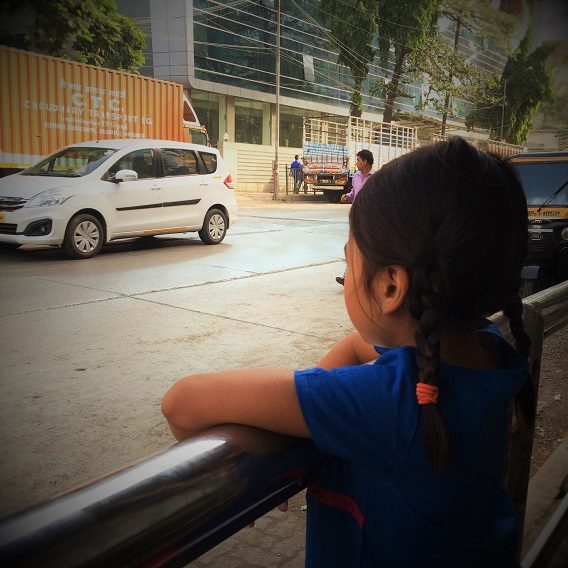
7. Giving back
Related to the concept of poverty is the idea of giving back. As travelers, we don't want to just be consumers of a destination. We also want to find ways to make that destination better.
For families wanting to practice ethical family travel, giving back to the communities we have visited is an important part of the travel experience. However, while it may seem like an altruistic idea to give back, you should always be mindful of how you're giving back. Your good deed may have some unintended consequences.
I'm frankly a bit skeptical about some of the volunteer organizations out there as voluntourism may not always be the most effective use of resources. A better option would be finding an organization that you trust and donating money to them.
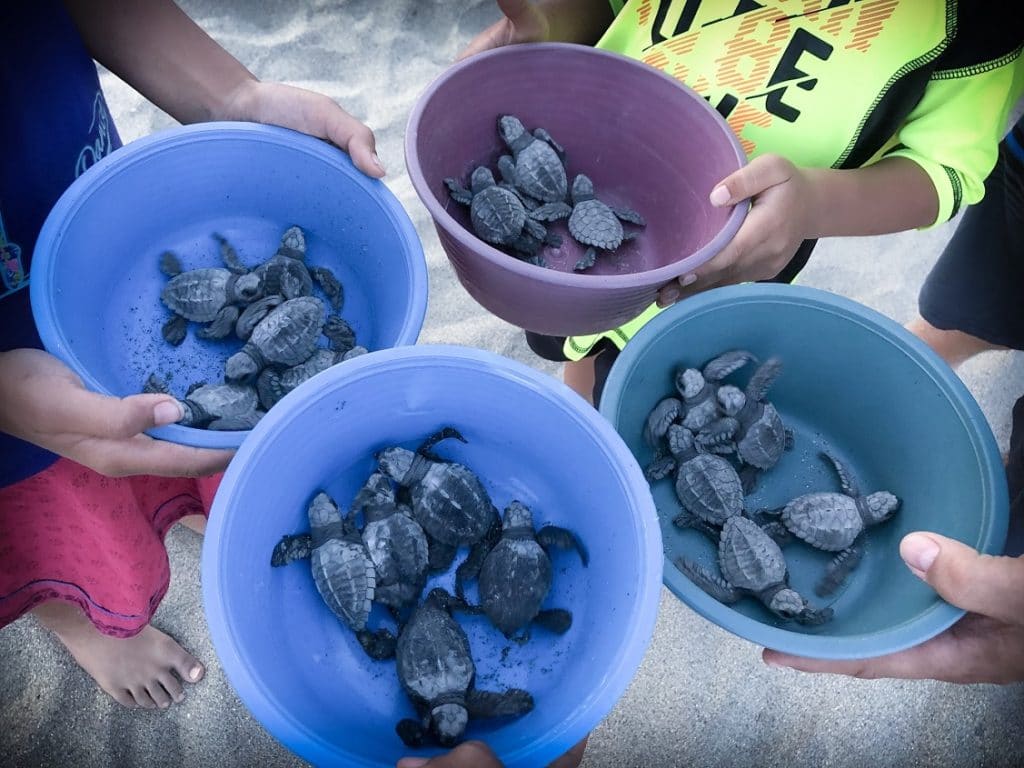
Promoting self-reliance rather than hand-outs
For my family, since 2012, we have been providing micro-loans to entrepreneurs around the world through Kiva. Micro-loans help promote self-reliance and are a more sustainable way to give money because rather than simply being a handout, it is helping to promote growth in small businesses.
When my loans are paid back, I relend the money to another entrepreneur, and so my money continues to help others in perpetuity. Over the course of the six years, I estimate I've loaned out over $2,000, even though I've only actually given a fraction of that amount to Kiva.
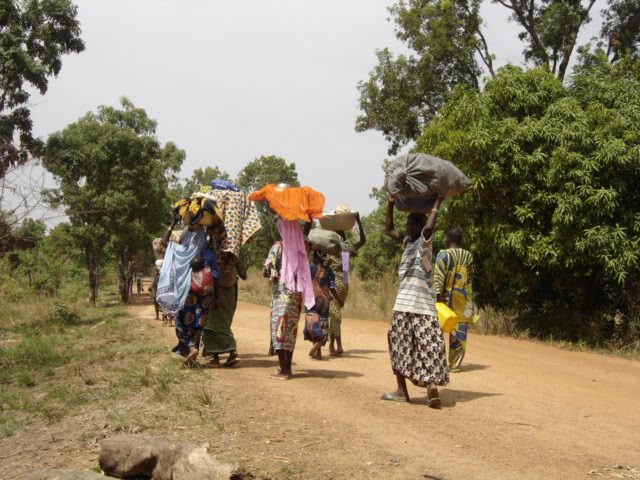
8. Air travel
Another area of travel that we can practice ethical family travel is air travel. No doubt about it, the advent of the commercial airplane has changed the way we travel, and made going from one country to another so much faster and easier.
Airplanes have opened the world to people who would have otherwise not had a chance to see the world. But at they same time, they burn a lot of fossil fuels, which makes it not always an environmentally friendly option for travel.
When you're booking your air travel, be conscious of the air miles that you will be accruing during your travels. Cheaper flights may save you money, but it may also mean longer flight times due to the multiple legs, which means that you are ultimately burning more fuel than a more expensive nonstop flight.
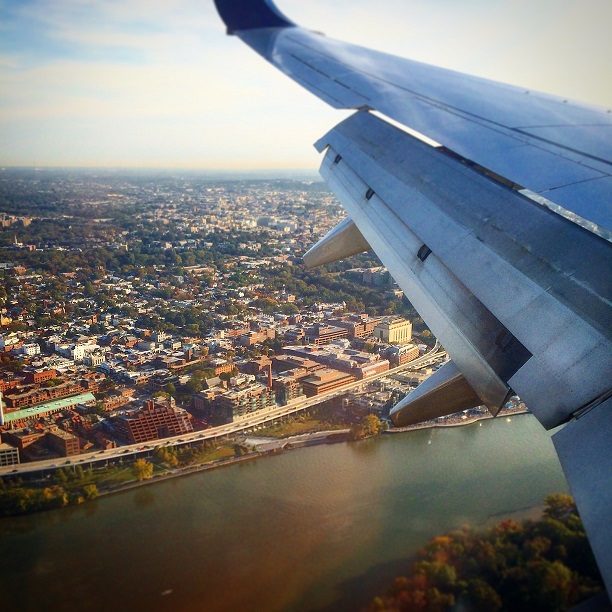
Weighing the costs and benefits of air travel
Weigh the costs and benefits of your flight. And when possible, find alternatives to air travel, like driving or trains. Sometimes this may mean extending your travel and practicing more slow tourism, so you can take advantage of slower forms of transportation.
We like doing long road trips, rather than flying. For a family of 4, it’s actually more fuel efficient in some cases to drive than to fly. A Boeing 747, which carries on average 500, burns roughly 1 gallon of fuel per second.
For a 5 hour flight from Seattle to DC, a family of four will burn 144 gallons of gas. For a road trip from Seattle to DC, which is roughly 2,800 miles with a car that gets 25 MPG, a family of four will burn 112 gallons of gas, which is almost a quarter less fuel than what flying would burn. Of course, driving may not always be the most convenient travel option, so again, you'll need to weigh the costs and benefits.
Need some tips about flying with kids? Read my posts about airplane travel with a family here.
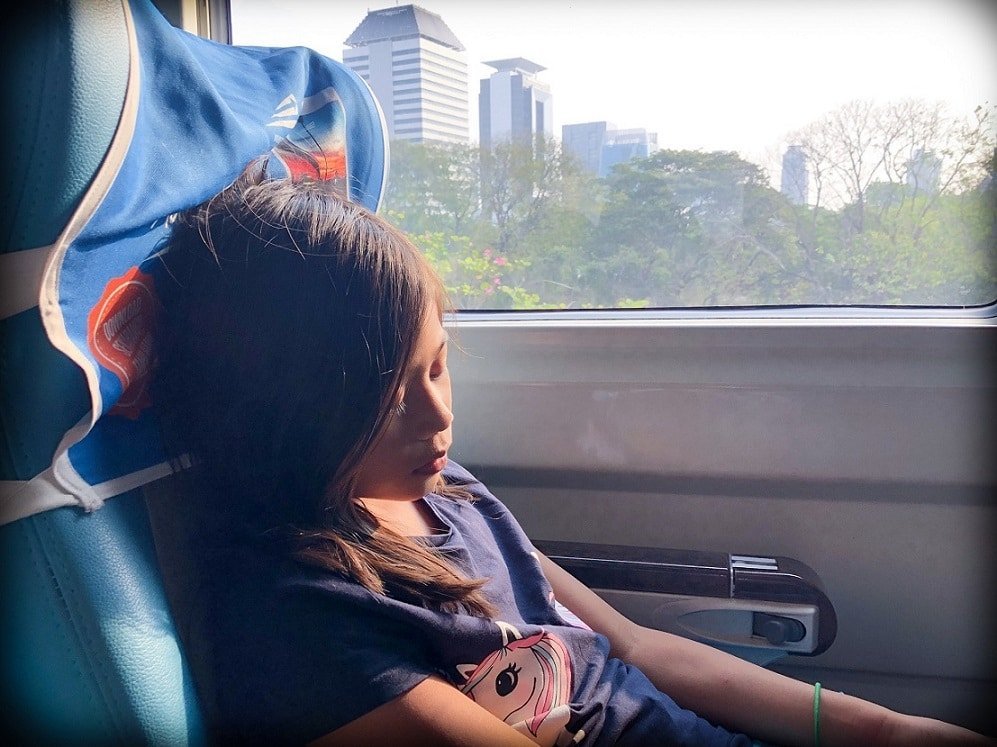
Using the Sustainable Development Goals to guide our ethical family travel philosophy
In 2015, the United Nations set out 17 goals to help the world move towards a better future. These 17 goals are called the Sustainable Development Goals (SDG), and cover areas such as poverty, the environment, health, and economic development.
One way for your family to practice ethical family travel is to think about how your travel is helping to further the SDGs, rather than diminish it. Is that tour you're taking promoting gender equality by hiring both men and women tour guides, or is it perpetuating gender inequality by only hiring male guides? Is your hotel promoting decent work and economic growth, or is it exploiting the cheap labor of local workers?
As you travel, use the SDGs as your guide for choosing your destinations, your lodging, your mode of travel, and your activities.
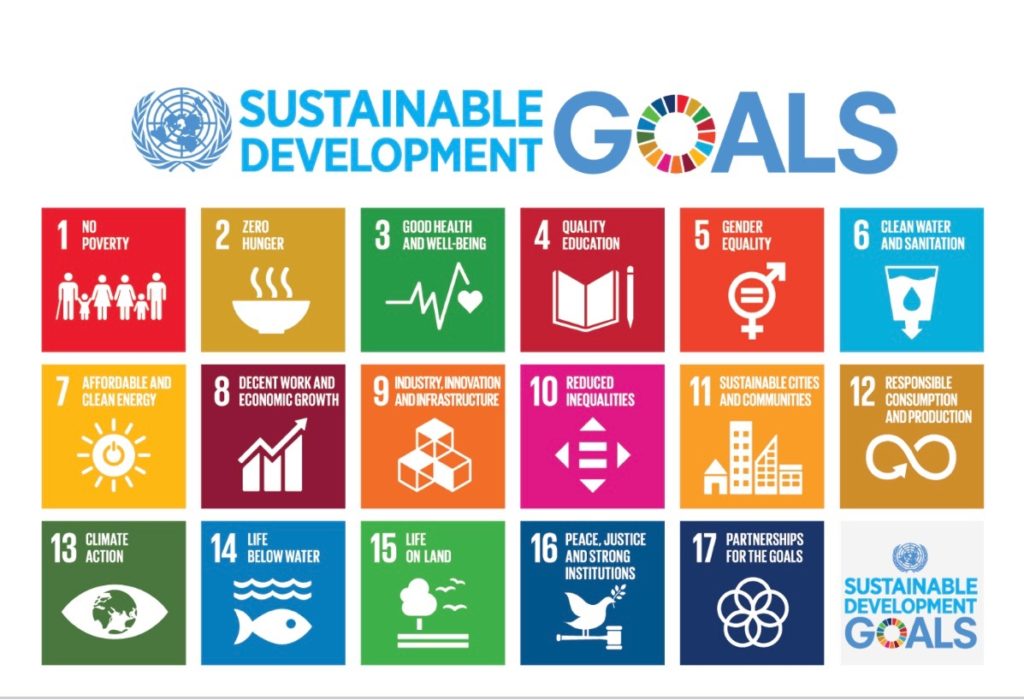
Committing to ethical family travel
Ethical family travel is not always easy to practice 100% of the time. Even our family has made choices that mainly benefited us at the expense of others: watching a marine animal show at Sea World, frequenting a chain restaurant in a foreign country, buying disposable plastic water bottles. I don't expect families to be perfect all the time.
But I hope this post will get you to start thinking about how to make your travel experiences a bit more ethical. We can all do our part to make this world so much better! And if you're interested in joining a community of other families committed to practicing ethical family travel, join my Facebook group, Responsible Family Travel!
How do you practice ethical family travel with your family? Share your experiences with me in the comments!
Want to put into practice these ethical travel tips full time? Use my ebook, Hey Kids, Let’s Go Travel! as a resource for tools, advice, and action steps for planning your trip.
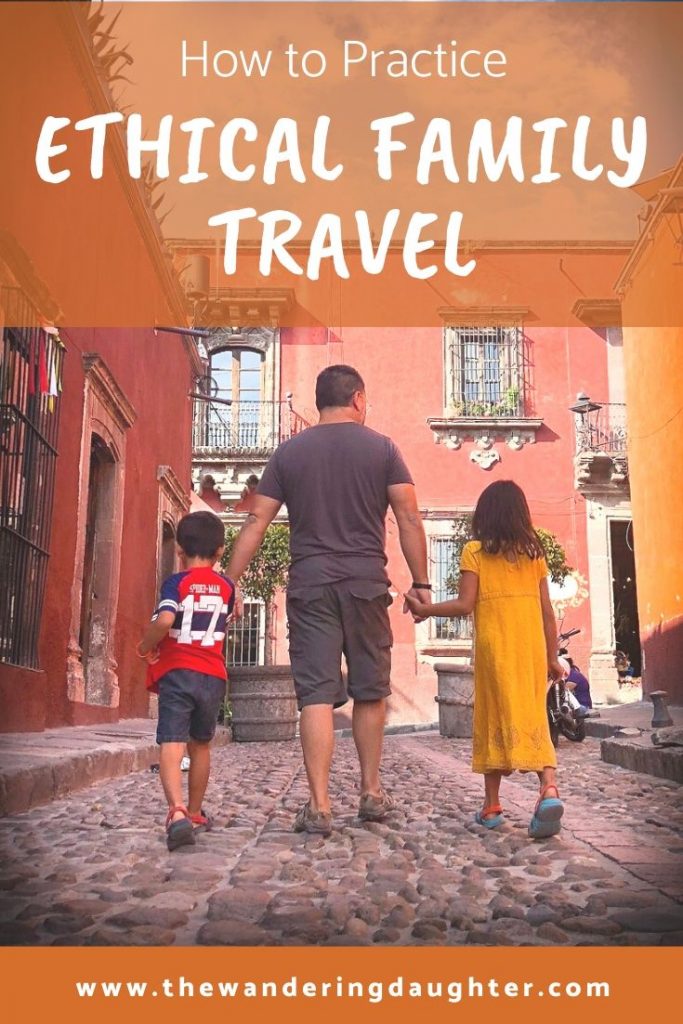
Need help thinking through how to budget for a family trip? My Travel Budget Worksheet is just the tool you need! Click here to receive your free copy by signing up for my newsletter.
Want to connect with me on social media? Find me on Facebook, Instagram, Pinterest, and Twitter. And for those of you who are dedicated to traveling more responsibly, sustainably, and ethically, join over 200 like-minded families on my Facebook group, Responsible Family Travel.




